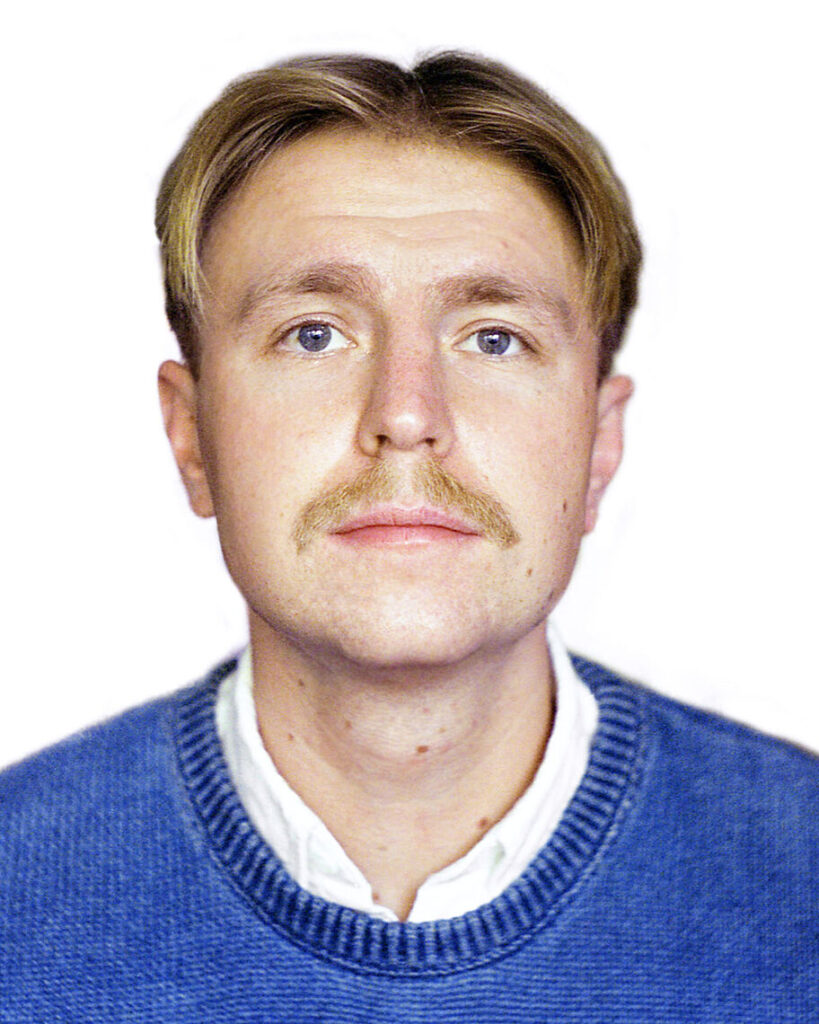
Alexander (Olek) Pisera
Paul & Daisy Soros Fellowship awarded in 2022 to pursue a PhD in Biomedical Engineering at University of California, Irvine.
Alexander (Olek) Pisera is the child of immigrants from Poland.
Related Articles
-
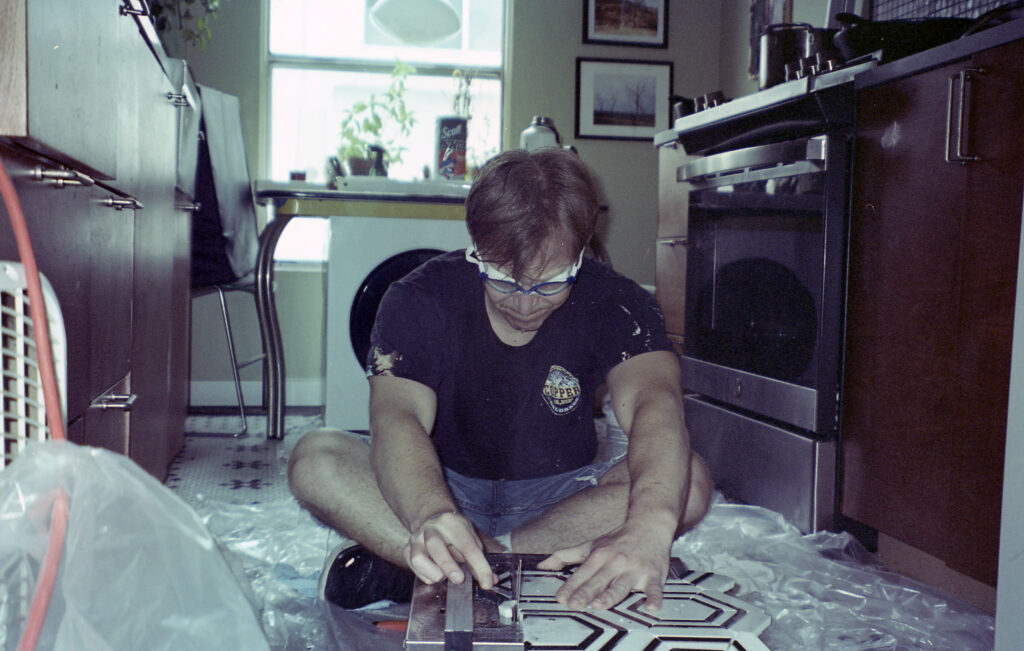 Read more: LOOKING BACK AT THE FELLOWSHIP: PHD Student Alexander (Olek) Pisera
Read more: LOOKING BACK AT THE FELLOWSHIP: PHD Student Alexander (Olek) Pisera- Fellow Highlights
LOOKING BACK AT THE FELLOWSHIP: PHD Student Alexander (Olek) Pisera
-
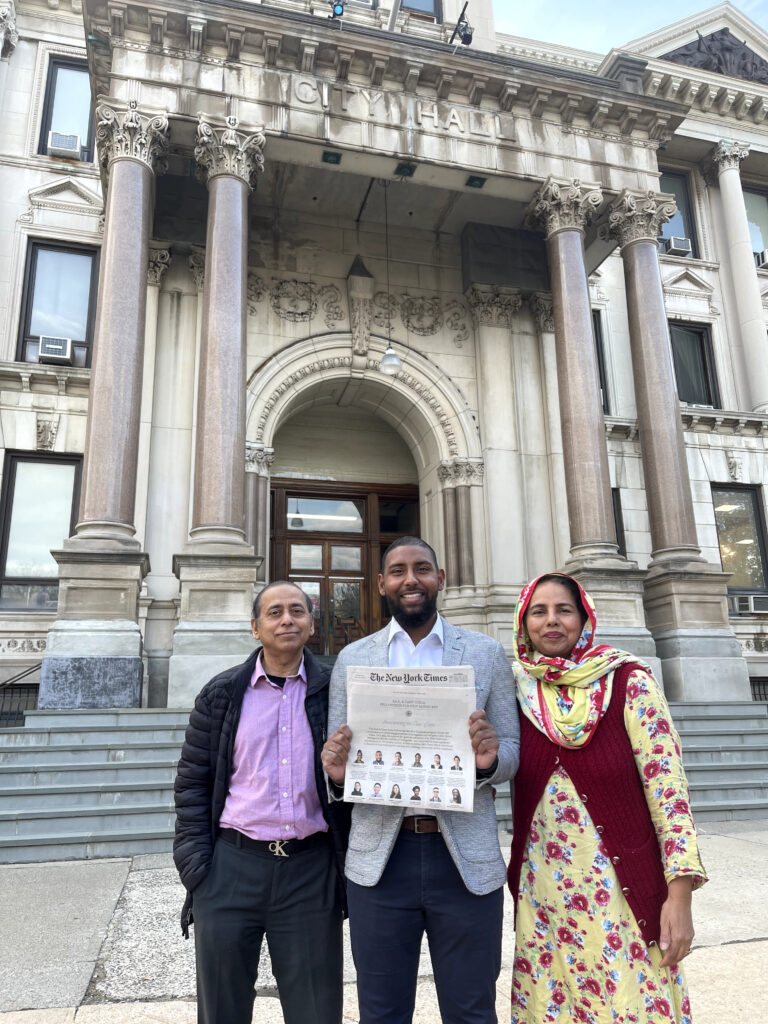 Read more: 2022 Fellows: Announcement in the New York Times
Read more: 2022 Fellows: Announcement in the New York Times- Announcement
2022 Fellows: Announcement in the New York Times
Meet More Fellows
-
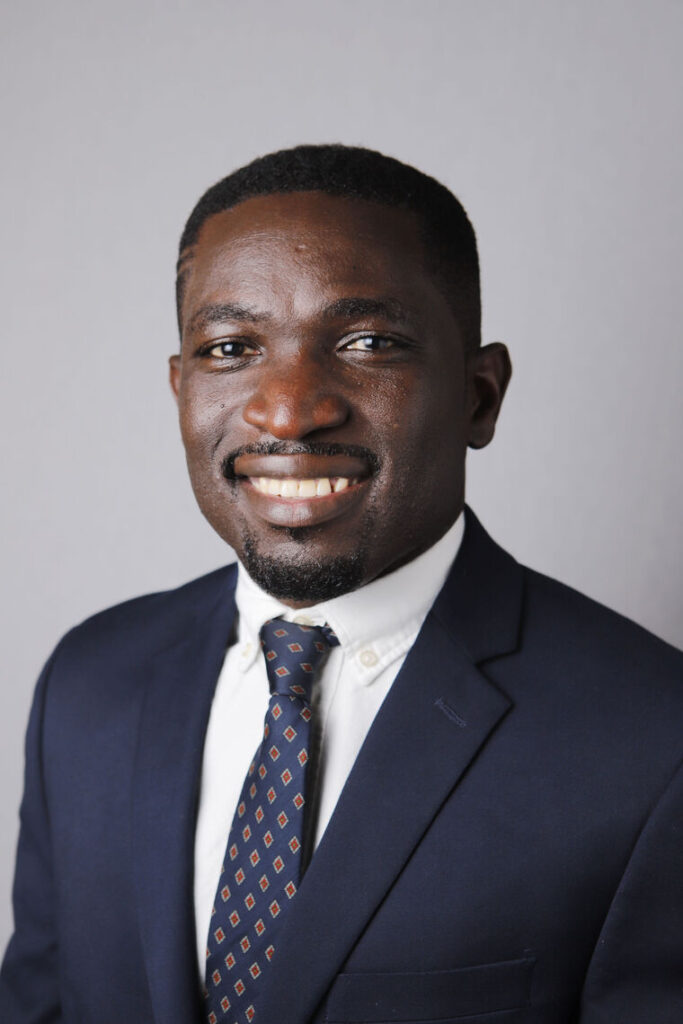
Chidiebere Akusobi
Internal Medicine Resident, Massachusetts General Hospital
Chidiebere Akusobi is an immigrant from Nigeria. Fellowship awarded in 2016 to support work towards an MD in Infectious Disease and a PhD in Infectious Disease at Harvard University
-
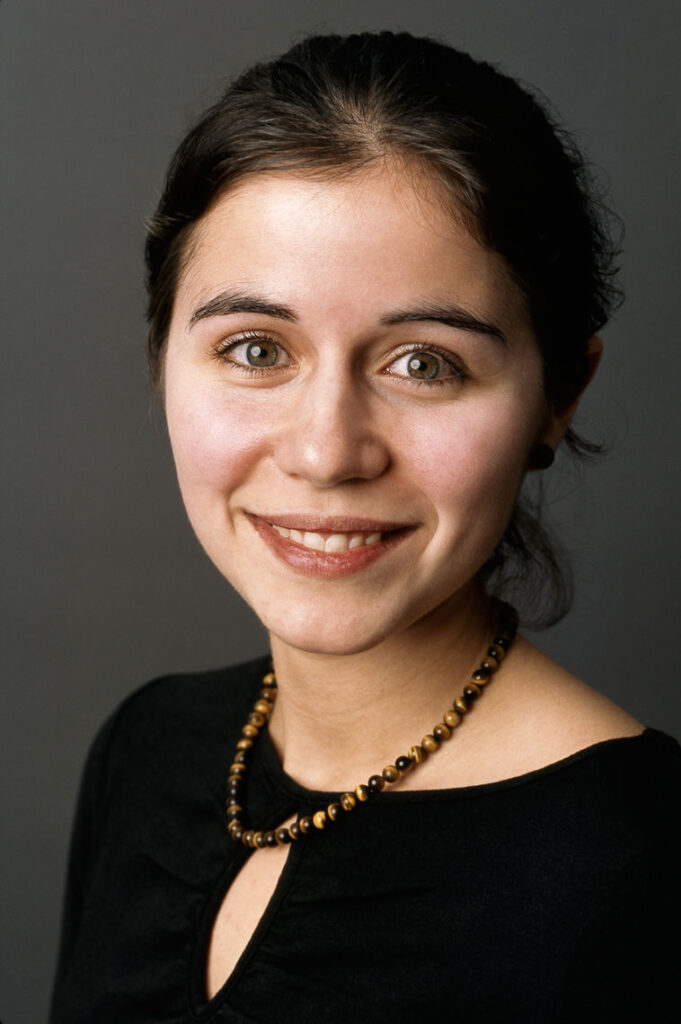
Markella Zanni
Associate Professor of Medicine, Harvard Medical School
Markella Zanni is the child of immigrants from Greece. Fellowship awarded in 2002 to support work towards an MD in Medicine at Harvard University
-
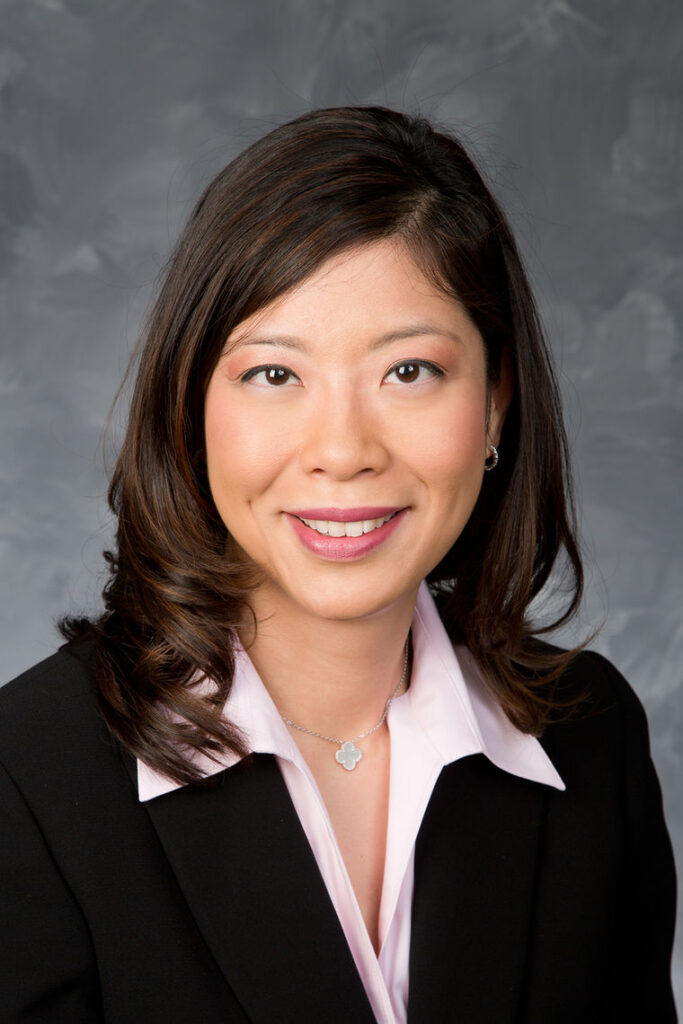
Anita Yang Hsu
Senior Vice President and General Counsel, MBK Real Estate Companies
Anita Yang Hsu is an immigrant from Taiwan. Fellowship awarded in 1998 to support work towards a JD in Law at University of California, Berkeley
-
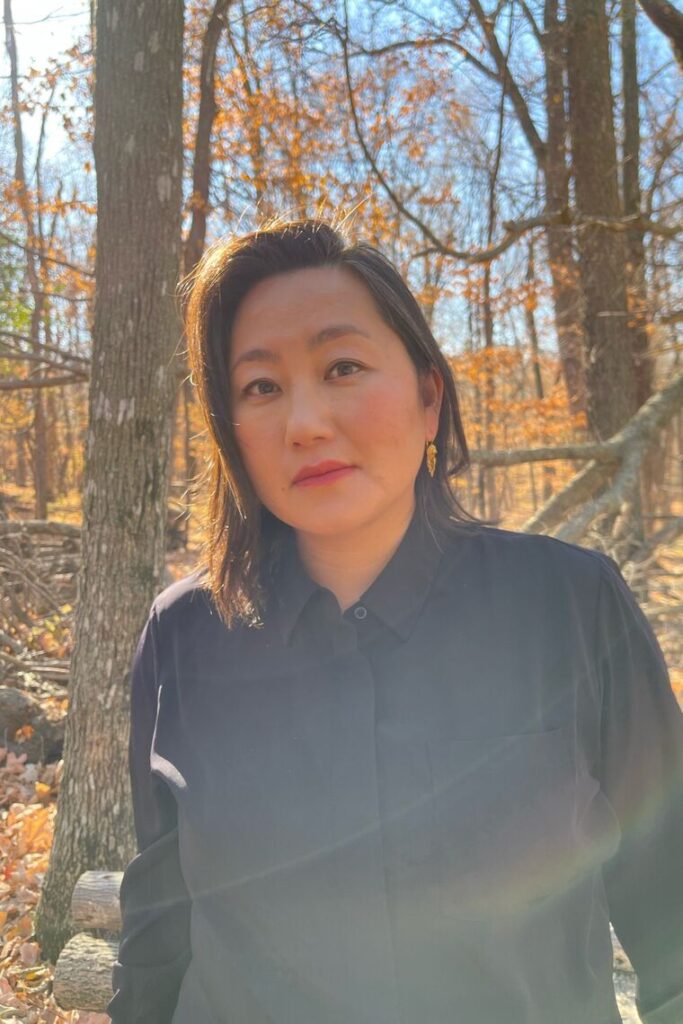
Kao Kalia Yang
Activist & Professor, Author
Kao Kalia Yang is an immigrant from Thailand. Fellowship awarded in 2003 to support work towards an MFA in Creative Writing at Columbia University